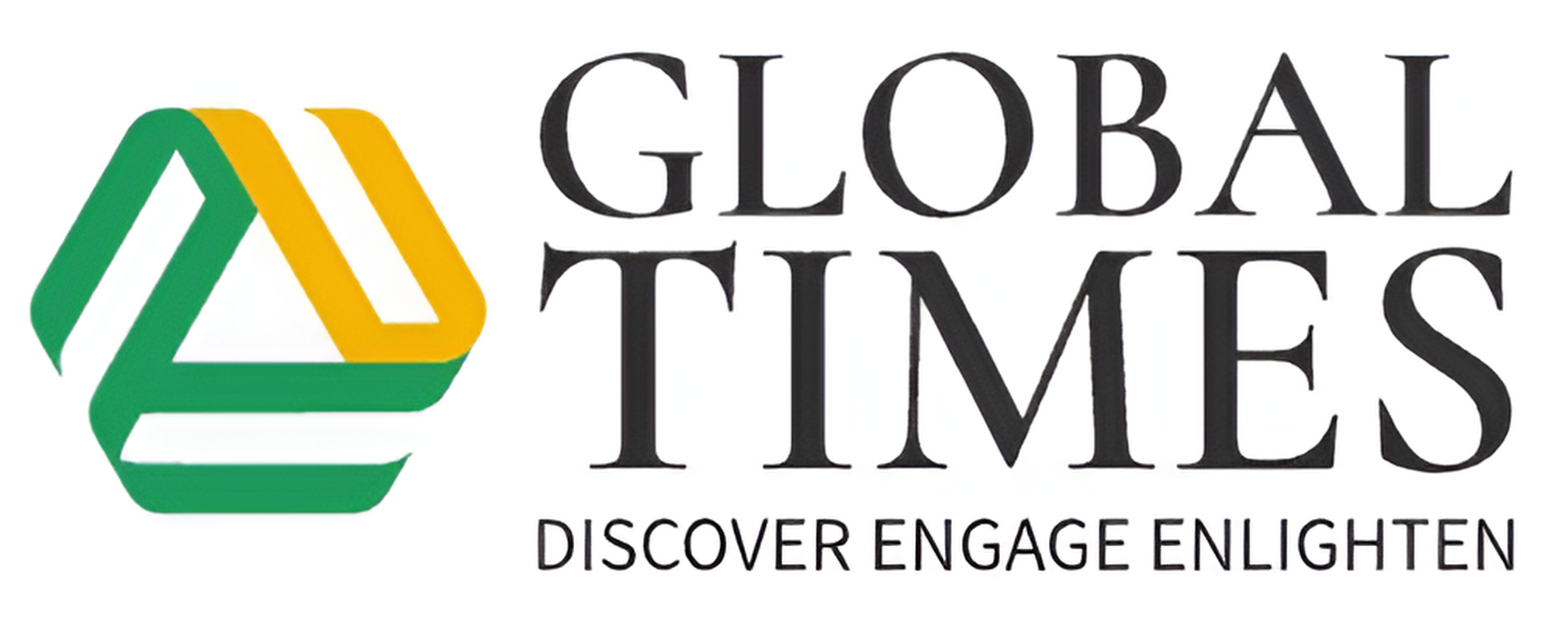Trending
Supreme Court: Celebrities Equally Liable for Misleading Advertisements

The Supreme Court of India made a significant ruling on Tuesday, asserting that celebrities and influencers are equally accountable for endorsing products in misleading advertisements. This landmark decision underscores the shared responsibility between advertisers, advertising agencies, and endorsers in ensuring the accuracy and integrity of commercial promotions.
In a bench comprising justices Hima Kohli and Ahsanuddin Amanullah, the court emphasized the importance of responsible advertising practices, particularly in light of the substantial influence wielded by celebrities and public figures. The ruling establishes a precedent wherein endorsers must exercise diligence and caution in endorsing consumer products, acknowledging their role in shaping consumer perceptions and behavior.
“It is imperative for celebrities and public figures to act responsibly while endorsing a consumer product as advertisers and endorsers are equally responsible for issuing misleading advertisements,” said the bench, comprising justices Hima Kohli and Ahsanuddin Amanullah, the judges affirmed. This directive underscores the need for heightened accountability and transparency in the advertising industry, aligning with broader efforts to protect consumer rights and promote ethical business practices.
The court’s decision reflects a growing recognition of the impact of celebrity endorsements on consumer behavior and market dynamics. By holding endorsers accountable for the content and veracity of advertisements, the judiciary aims to instill greater integrity and accountability in commercial communications.
“Rules are meant to serve the consumers and to ensure they are made aware of products purchased in market. We are aware that the central government ministries need to set out a procedure that will encourage consumers to lodge a complaint,” the order said.
Furthermore, the court highlighted the role of regulatory mechanisms in safeguarding consumer interests and combating misleading advertising practices. It called for enhanced cooperation between government agencies, regulatory bodies, and industry stakeholders to enforce stringent standards and address consumer grievances effectively.
Additional Solicitor General KM Nataraj presented comprehensive action taken reports by various ministries, demonstrating the government’s commitment to curbing misleading advertisements. The court commended these efforts while stressing the need for ongoing vigilance and proactive measures to address emerging challenges in the advertising landscape.
The ruling also addressed the regulatory framework governing television advertisements, emphasizing the importance of self-regulation and oversight mechanisms in monitoring content and addressing consumer complaints. By promoting industry self-regulation while maintaining government oversight, the judiciary seeks to strike a balance between regulatory efficacy and industry autonomy.
However, the court expressed concerns regarding the enforcement of regulatory directives, citing instances of non-compliance by state authorities. It urged prompt and decisive action to ensure compliance with regulatory mandates, emphasizing the importance of accountability and transparency in governance.
“It is said that the consumer is the king. There has to be some answerability from some agency,” the bench said. “We are looking at the issue from the point of view of consumers. If there is a system in place, that should work.”
In light of these developments, the court issued directives requiring advertisers to provide self-declarations to broadcasters, printers, or publishers, affirming the accuracy and authenticity of their advertisements. This measure aims to enhance transparency and accountability in advertising practices, empowering consumers to make informed choices.
Additionally, the court addressed specific concerns related to the advertisement of Ayush drugs, highlighting the need for stringent regulations to prevent misleading claims regarding healthcare products. It called for the withdrawal of a controversial directive by the Ayush ministry, underscoring the importance of upholding public health and safety standards.
Looking ahead, the court emphasized the role of the Central Consumer Protection Authority (CCPA) in addressing consumer complaints and enforcing regulatory compliance. It called for a comprehensive status report on actions taken to address consumer grievances related to food and health products, signaling a commitment to robust consumer protection measures.
Overall, the Supreme Court’s ruling represents a significant step towards promoting transparency, accountability, and consumer empowerment in the advertising industry. By holding celebrities and influencers accountable for their endorsements, the judiciary aims to foster a culture of integrity and responsibility, ultimately safeguarding consumer interests and promoting ethical advertising practices.
